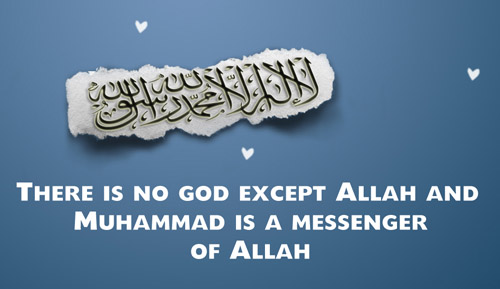Question
Sometimes when I perform my wudū’, I forget something I am supposed to do, and go back to it later. Someone recently told me that this is wrong, since the actions of wudū’ must be carried out in a particular order. Is this correct?
Answer
Though scholars disagree on this issue, the strongest opinion is that it is obligatory to carry out the actions of wudū’ in their prescribed order.
To begin with, the scholars are all agreed that it is prescribed for us to carry out our ablutions in the order mentioned in the texts. They only disagree whether it is obligatory to do so or just preferred.
The view that it is obligatory to carry out the wudū’ in its prescribed order was held by numerous scholars, including Ahmad b. Hanbal, al-Shāfi`ī, Mālik, Abū `Ubayd, Abū Thawr, and Ishāq b. Rāhawayh.
They cite the following evidence in its support of this view:
1. Allah says: “O ye who believe! When ye rise up for prayer, wash you faces, and your hands up to the elbows, wipe your heads, and (wash) your feet up to the ankles.” [Sūrah al-Mā’idah: 6]
They argue that, just like with other religious rites like the prayer and the pilgrimage, we must begin with what Allah tells us to begin with. Therefore, we must follow the sequence given in the verse that describes to us how to carry out our ablutions.
They also point out that the verse interrupts the enumeration of the body parts that need to be washed by mentioning the wiping of the head. This shows us that this particular order of events is specifically intended. Had the sequence been irrelevant, the dictates of style would have required the grouping together of the parts that are to be washed and then mention of wiping the head on its own.
2. They also argue that there is no sound and unquestionable evidence that the Prophet (peace be upon him) ever carried out his ablutions in any other sequence but the one mentioned in the verse. What is related with certainty from him is that he was meticulous about preserving the same order all of the time.
3. Finally, they argue that wudū’ is an abstract form of worship. It is something that we only know about by way of revelation. That means that our knowledge of it must come strictly from the Qur’ān and Sunnah. The method of carrying out our ablutions has come to us in a very specific manner, and we must adhere to that manner in our ablutions.
Those who disagree, including Abū Hanīfah, cite some hadith evidence in support of their claim, but those hadith suffer from weakness in their transmission.
And Allah knows best.
-islamtoday.net

No comments:
Post a Comment